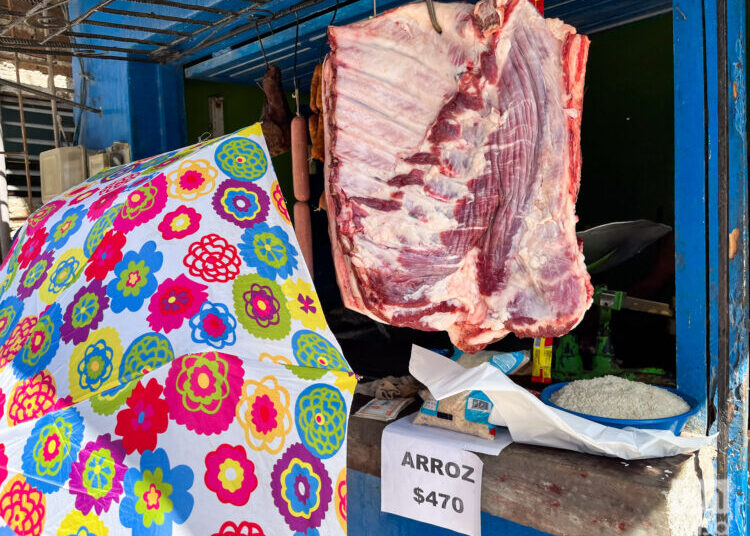“Everything for the front” is the phrase that perhaps best symbolizes what a “war economy” is. It became famous when it appeared on a poster back in 1942 during the Great Patriotic War. The phrase actually has two parts: “everything for the front” and “everything for victory.” In short, it meant aligning all efforts and putting all resources towards the supreme objective of defeating the Nazi army, which by that date was dangerously close to Moscow.
It also meant subordinating all decisions, and the process of making them, to that objective. It also involved the variable time which, under these conditions, that of a war economy, has an incalculable marginal value.
By the way, it must be said that the Nazi army could not take Moscow and the contribution of the Soviet Union to the defeat of fascism in Europe, the same that resurfaces today with various nuances, was decisive, despite the fact that the new history written from the West insists on ignoring it.
It was a magnificent article by my colleague Joaquín Benavides, “¿Economía de guerra o mercado en la economía?” (War economy or market in the economy?), published on the blog Segunda cita by Silvio Rodríguez, which prompted me to return to that concept and try to understand it in our current context.
A quick Google search leads us to several definitions. This is one of them: “The term war economy refers to the way in which a country’s economy is organized during an armed conflict. It is understood that it consists of maximizing its production and distribution capacity, which involves substantial adjustments to production that allow it to accommodate the needs of the country.”
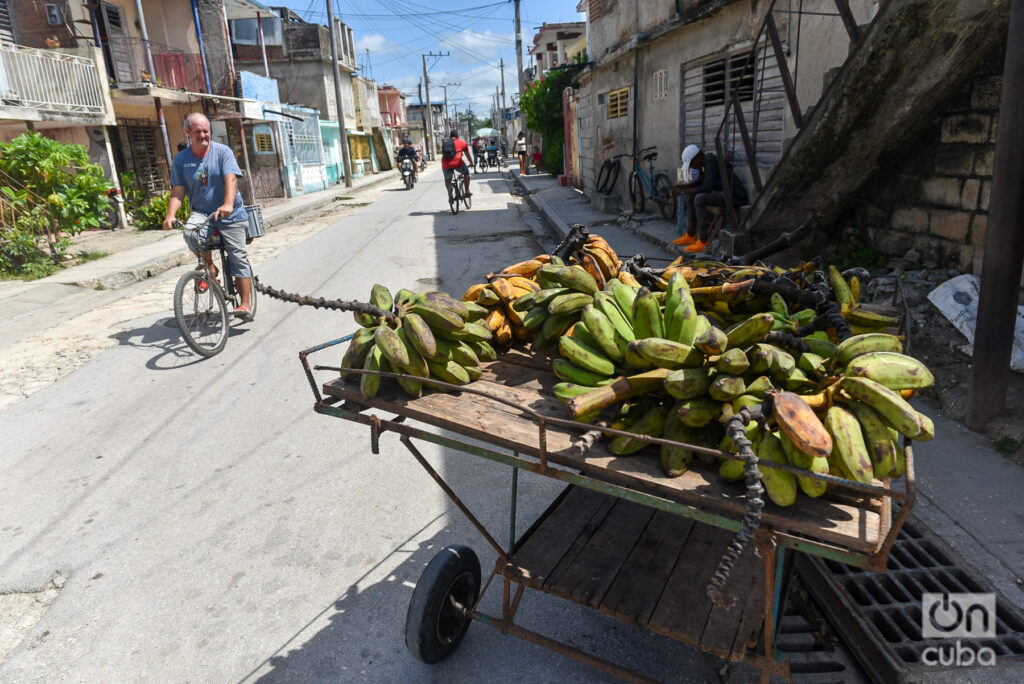
Another definition, in the Economipedia, states that:
The war economy is a war or catastrophe situation in which the government takes control of the management of economic resources. All of this implies measures such as population mobilization, rationing, production control and self-sufficiency. In line with the supply of food, the State also establishes tight control over the primary sector. Therefore, it will direct and supervise food production, paying special attention to agriculture and the food industry.
If food is rationed, energy resources must still be taken advantage of. Measures are therefore taken to make the most of scarce energy resources. There have been numerous experiences in which, for example, fuel and electricity have been rationed.
It is precisely, in a war, that a State must be strong enough to have the necessary resources without depending on third countries. All this leads to self-sufficiency. In other words, a country at war usually heads towards autarky.
Hyperinflation is one of the great evils caused by the war economy and the intervention of monetary policy seems to be the most used resource in that situation. This story definitely has to do with our reality and not only with the current one, but with several other previous realities.
An excursion through Wikipedia gives us a synthetic description of what a war economy can be, I quote it in extenso:
The war economy is what is called when applied in historical moments of strong violent upheavals, whether or not they are armed conflicts, or in periods of extreme autarky and whose objective is to maintain the functioning of the economic activities essential for a country, to ensure self-sufficiency, discourage private consumption, guarantee food production and control the national economy from the State. Each country approaches reconfiguring its economy in a different way. Among the fundamental actions are:
- Exhaustive control of monetary policy to avoid hyperinflation processes.
- Favoring autarky as a system that avoids dependence on foreign imports for basic products and military material.
- Measures to save energy consumption.
- Incentivizing low-cost labor to fill the jobs of those who join the army.
- Changes in agricultural policy that direct crops and the processing industry towards the production of grains and, in general, crops that provide a high amount of carbohydrates.
- Increase in the production of heavy industry and military material.
- Establishment of reductions in private consumption, which may include rationing for industry and families.
It would seem that several generations of Cubans have spent practically their entire lives living within a war economy, either due to the magnitude and depth of the conflicts, even when some of them were not directly military; or due to the way the economy is managed at certain times; or due to the effects/results of the policies/measures put into practice, or by a combination of the three.
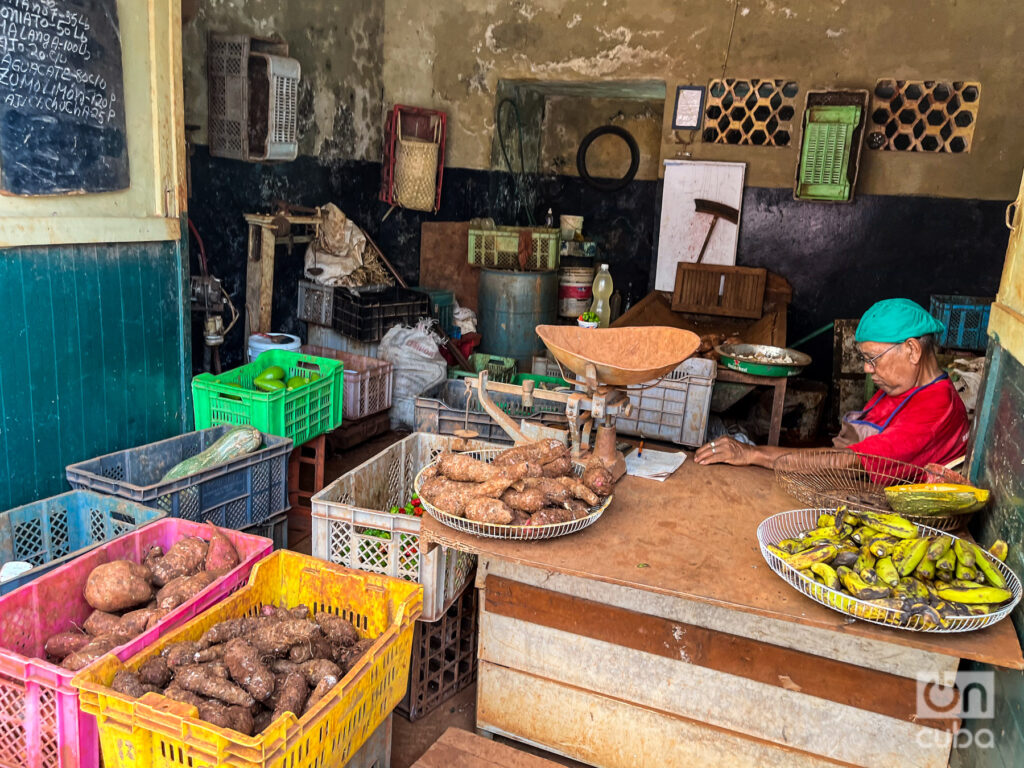
In reality, in the equation of the national economy, one of the relevant criteria that has conditioned the adoption of any decision has been its influence/impact/effect on the fundamental conflict that our country has faced since 1959, namely: dispute between the United States and Cuba.
In the same way, the degree of intensity of this conflict has been a relevant variable in the adoption of measures to manage the economy.
Listed below are some of those historical moments, milestones, although obviously there are big differences, among them:
- The abrupt reduction and later the exclusion of Cuba’s participation in the U.S. market, both as an importer and as an exporter, and its intensification until reaching the economic and commercial blockade in 1962.
- The promotion of terrorist gangs and the Bay of Pigs invasion.
- The “October Crisis” or “Missile Crisis.”
- The 10 million Sugar Harvest and what it meant in terms of mobilization of women and men and in terms of the allocation of resources.
- The “War of All the People,” which began in the early 1980s.
- The “Special Period in Times of Peace” that has not said goodbye to us and does not seem to have it in its plans at the moment.
- The “Battle of Ideas.”
- The COVID 19 Pandemic.
- The measures of the Trump administration.
It is also true that the socialist economic model adopted since the late sixties, and institutionalized in the seventies, is largely reminiscent of the management of a war economy.
But the economic war is another. It is waged every day, from the simplest citizens, to those others who have some responsibility for its outcome.
After looking at those definitions again, it is difficult for me to convince myself that we are in a war economy, at least there are facts that lead me to doubt.
If today ours were a war economy in the strict sense, then that phrase that begins this writing could be reinterpreted as “everything for food production.” In short, the price of food is the one that has the greatest weight in the dynamics of inflation according to the Ministry of Economy’s own information.
Food represents one of the highest accounts of our imports and in the expense structure of our families, it is the decisive destination of their income.
Food production is one of the main destinations of subsidies that are assigned to agricultural enterprises by the central budget and end up increasing the fiscal deficit, although unfortunately they are not enough to remedy the problem.
Without sustainable national food production, food sovereignty will remain a chimera. It is the products of the land —and the sea— that generate productive and value chains that allow the integration of various sectors, from agriculture itself to science and technology. They are the same ones that have a decisive impact on the well-being of the nation and its perception of prosperity.
Without good quality, nationally produced food products, the national tourism sector will always compete at a disadvantage with the rest of the world and especially with our region.
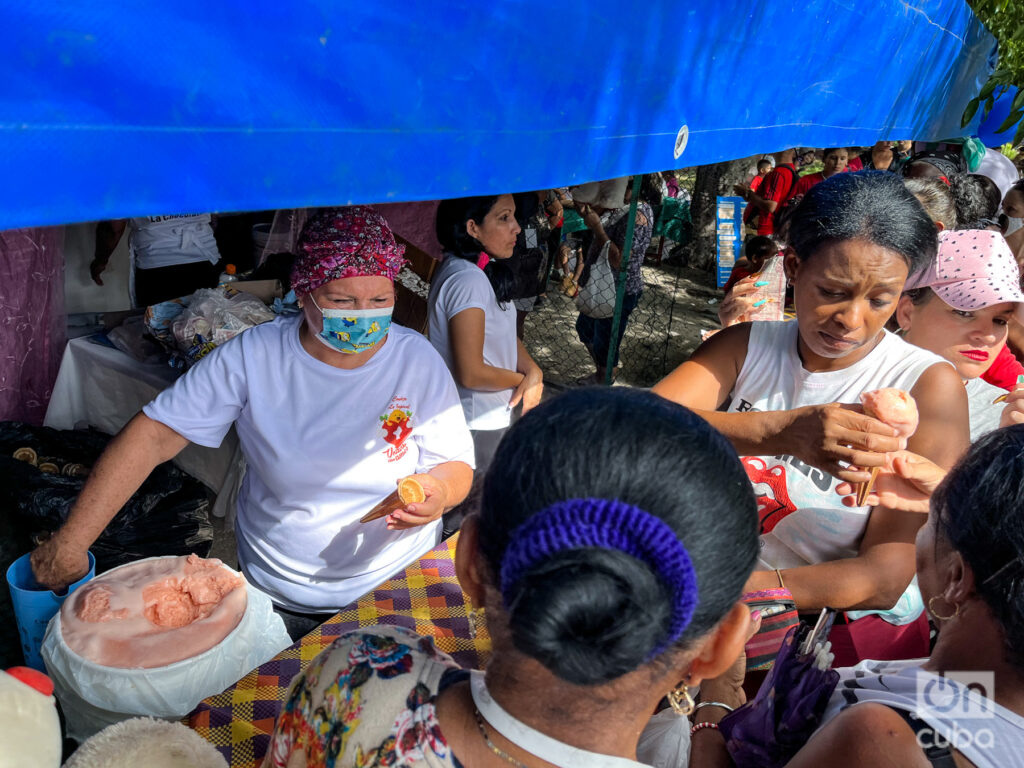
We cannot make our children’s milk depend on international charity.
One of the greatest resources our country has is its land and the sea that surrounds it and we have more arable land per person than large food-producing countries. We are still far from the production frontier of the sector and we need to modernize production technologies, among other reasons, due to the depopulation of our fields, which is the same reason why we must modernize the lives of our farmers.
But no, even today resources are allocated to other destinations, in an exercise that is difficult to classify and that repeats the same mistake year after year. And I’m not just talking about investments assigned to a “front” that is clearly stagnant, also besieged and not at all well managed. If we were in a war economy a long time ago those “bullets” should have been assigned to another front.
But it is not just a problem of allocation of investment resources. It is still difficult for me to understand that one of the difficulties of the current harvest is the low availability of fuel and, yet, hundreds of state cars continue to operate, the usefulness of which is barely significant compared to the need to ensure the production of sugar for the “rationed food basket” or for the production of a part of the rice in that same basket.
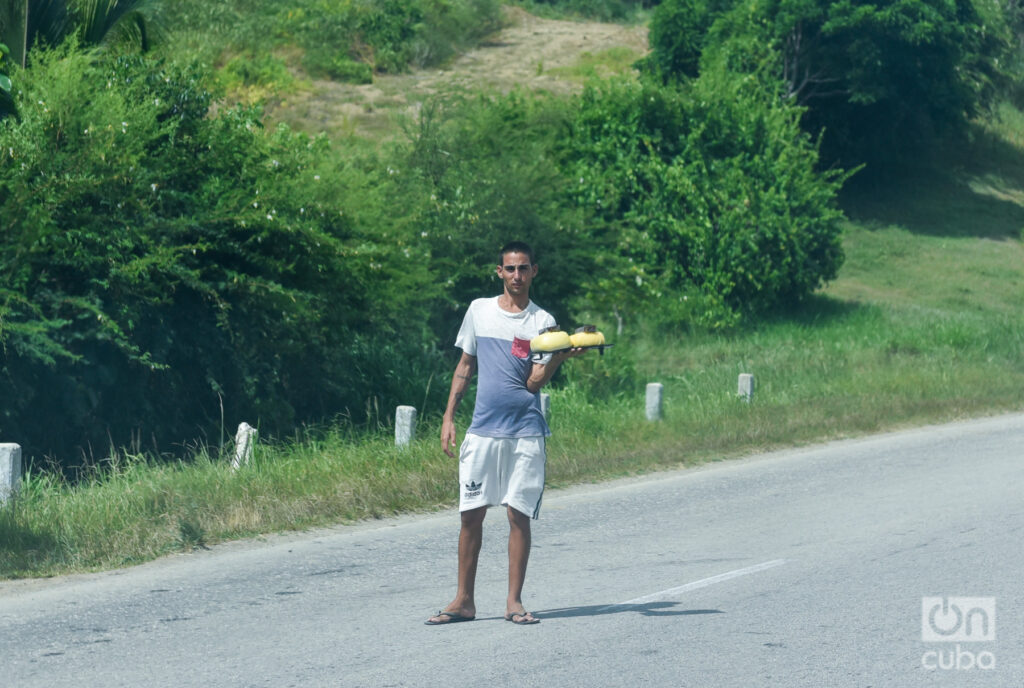
In fact, if we were in a war economy, that same rationed basket should be better allocated, concentrating it on those who need it most and not continue perpetuating a form of distribution that consolidates inequality gaps that are increasingly difficult to manage.
If today ours were a war economy there would be no way to justify this excessive bureaucratic apparatus of the State, with obvious overweight and the inexplicable delay in subjecting it to deep surgery to eliminate its necrotic parts.
If we were in a war economy, a long time ago we should have identified the direction of the main blow, concentrated resources in that direction and not diluted ourselves in skirmishes that weaken the forces.
Certainly, I agree with my colleague and friend Benavides that the solution should not come from reproducing those methods and styles that are so reminiscent of the war economy, but that in our case have not led us to obtain a significant advantage on this almost perpetual battlefield that the economy has been and is.
Because it is not by reproducing the past that we can conquer the future. These are, in large part, the reasons that make me think that it does not seem that we are in a war economy, rather it seems that we are at war with the economy.

